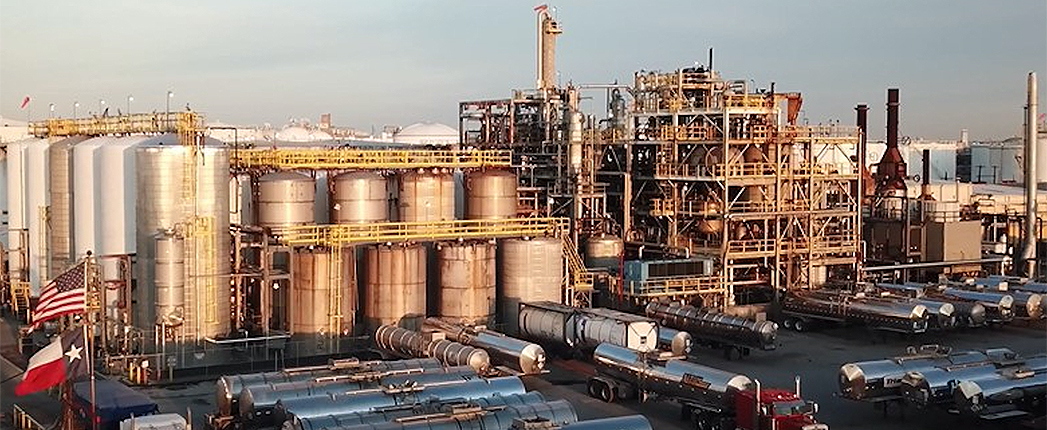
Chemical company Novvi LLC filed what it described as a voluntary bankruptcy petition Sunday, stating that it intends to repay all outstanding external creditors and to better position its business for growth.
Novvi’s president said debt held by two of its co-owners – Chevron and Hansen & Rosenthal Group – will be converted to equity in a restructuring that will also provide a capital infusion needed for Novvi to expand sales.
“The main effect of the restructuring is to bring in new capital to strengthen Novvi’s current business and expand our renewable base oil portfolio,” Novvi President Jason Wells told Lube Report in an interview.
As of Sunday’s filing, in the United States Bankruptcy Court for the Southern District of Texas, Novvi had $2.9 million of unsecured trade debt and approximately $26.8 million of debt to H&R and Chevron. Wells said Novvi will fully pay the former and that the latter will be converted to equity.
Chevron currently holds a 66.5% ownership stake in Novvi, and H&R owns 11.3%. The other two owners, Amyris and American Refining Group, hold 16.1% and 6.1%, respectively. The bankruptcy petition does not say what the breakdown would be after the restructuring.
Headquartered in Deer Park, Texas, Novvi produces and markets base stocks and a range of other products derived from a variety of plants. Founded in 2011, the company has promoted the base stocks, which are marketed under the SynNova brand name, as synthetic fluids that provide high performance and low carbon footprints.
Wells said the company’s goal has always been to provide those benefits while remaining price competitive with conventional base oils but that its prices to date have remained significantly above conventional products. Per-unit costs remained high, he said, because volumes have not scaled up adequately.
“In 2022, we weren’t at a very high level of plant capacity utilization,” he said, referring to the company’s LaPorte, Texas, factory, which has capacity of 25,000 metric tons per year. “Now our volumes are growing, but it took some capital and it’s going to require working capital for us to get where we want to be.” He said Novvi has introduced new products and expects its sales volumes to increase 50% next year.
Novvi was founded as a joint venture between Amyris, a developer of renewable chemicals technology, and Brazilian sugar company Cosan S.A. American Refining and Chevron made equity investments in 2016, and H&R did likewise the following year. Amyris bought out Cosan in 2019.
Amyris is currently in bankruptcy court and is selling off parts of its business to raise money.
The LaPorte plant opened in 2020 and initially processed sugarcane feedstock to make renewable hydrocarbons. Today the company says its feedstocks are oleochemicals derived from commodity plant oils.
Wells said the capital infusion will cover operating expenses needed to boost sales – paying for things such as introduction of new products, marketing and improvements at the LaPorte plant. If sales grow as Novvi intends, the company will consider establishing a second production site in the 2025-2026 time frame, he added.